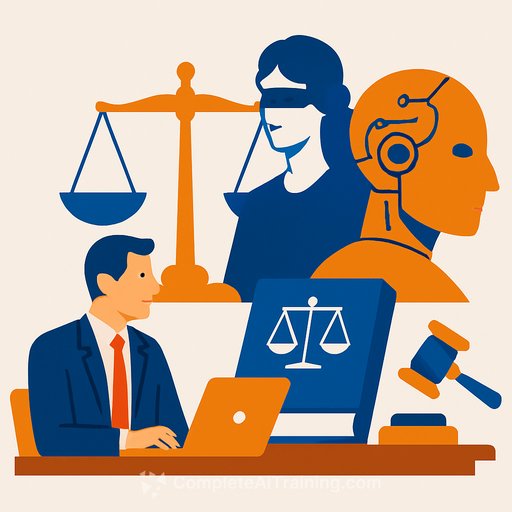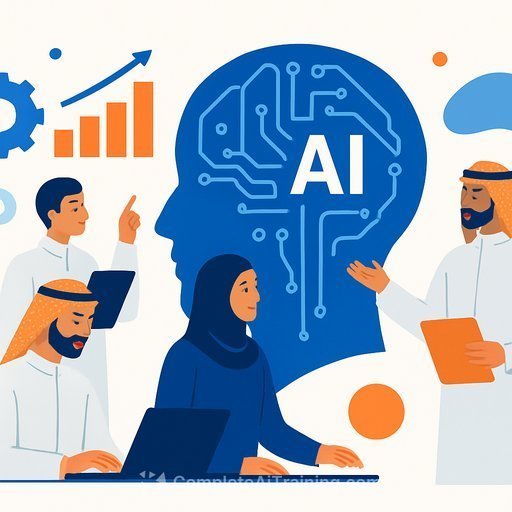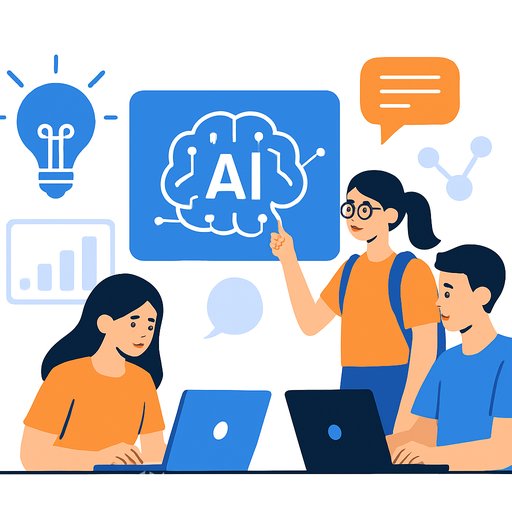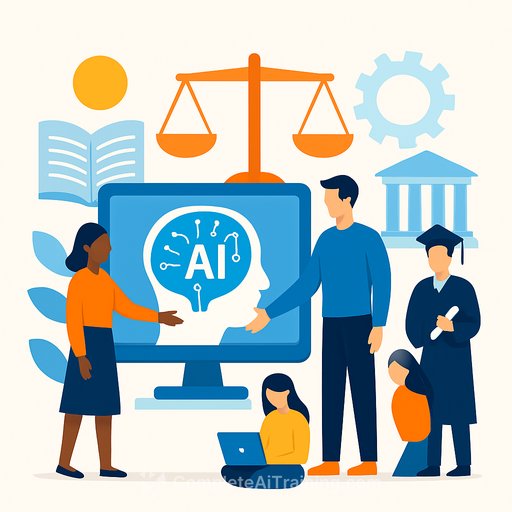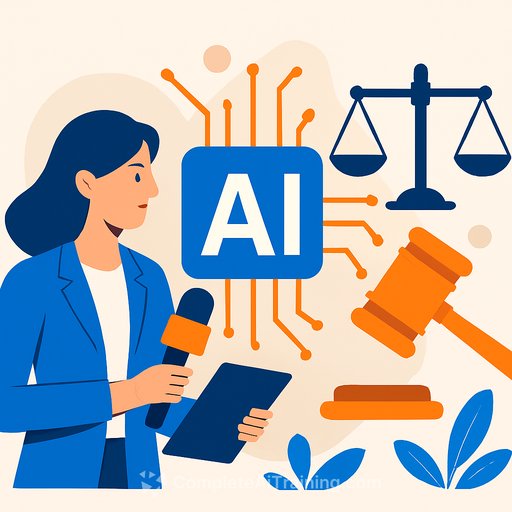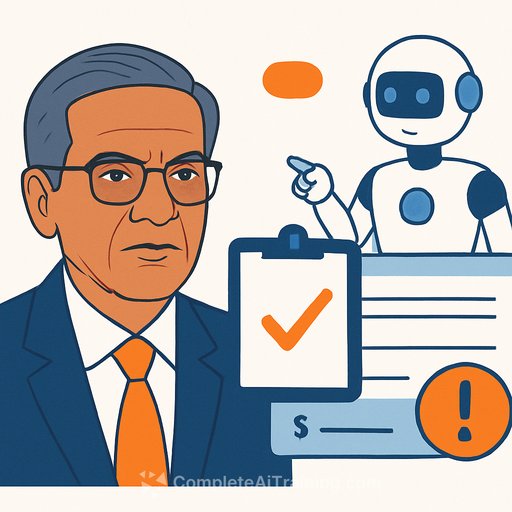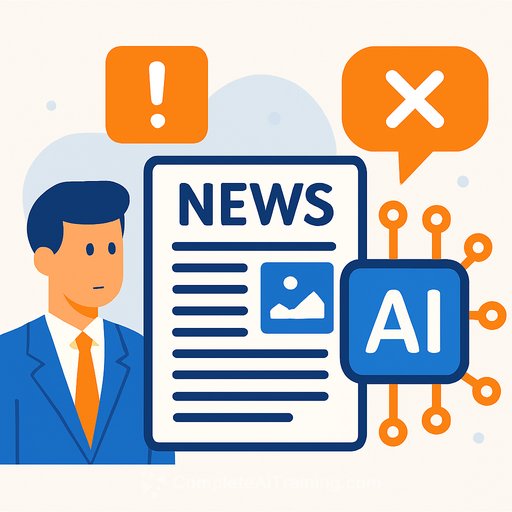"AI and the Law" Professional Learning Debuts
On July 28, 2025, Harvard Law School (HLS) and its Berkman Klein Center for Internet & Society (BKC) launched a new executive education course titled “AI and the Law: Navigating the New Legal Landscape”. Held in a historic Harvard lecture hall, the course brought together 50 professionals from law, government, and executive roles to engage with the legal challenges posed by artificial intelligence.
The program began with a unique icebreaker: an upbeat country-pop song featuring robotic sounds that set the tone for a case study on AI in the music industry. This opening raised critical questions for legal experts and creators alike:
- Who is the author when AI tools contribute to creative works?
- Who holds ownership of AI-generated content?
- Who is liable when AI unlawfully replicates existing work?
These questions framed the broader discussion on how AI intersects with intellectual property, liability, and creative rights.
Focus on Substantive Legal Areas
William Fisher, BKC Director and program chair, emphasized that the course prioritizes the impact of AI on specific legal fields rather than just operational changes within law firms. Participants explored topics including privacy, copyright, intellectual property, health law, and torts through interactive sessions and peer discussions.
Founded in 1998, the Berkman Klein Center has long been a leader in education on public interest technology and digital ethics. Its contributions—such as the online course CopyrightX and programs like Student Leaders in AI—reflect a commitment to equipping legal minds worldwide with insight into technology's social impacts.
Harvard Law School Executive Education, with nearly two decades of experience, offers programs that help legal professionals address their toughest challenges and adapt to shifts in the legal industry.
A Collaborative Learning Experience
The partnership between BKC and HLS Executive Education combines expert legal knowledge with immersive learning. Participants examined AI’s potential and pitfalls through case scenarios, taking on roles like regulators, executives, and technologists. One scenario involved managing a healthcare lawsuit impacted by AI, while another focused on responding to a data breach caused by an autonomous AI system.
Jonathan Zittrain, BKC Faculty Director and co-founder, noted AI’s pervasive and often untracked use across industries. He encouraged participants to consider AI’s limitations and how its training and deployment can be improved to maximize benefits.
Diverse Perspectives, Practical Insights
The course attracted professionals from technology firms, law firms, government agencies, nonprofits, and civil society organizations. This diversity enriched discussions, enabling participants to approach AI-related risks and opportunities from various viewpoints.
Chris Bavitz, BKC Faculty Director, highlighted the value of this mix: the combination of legal expertise and varied backgrounds helped unpack complex business, policy, and creative challenges associated with AI.
Key Takeaways for Legal Professionals
Participants left with a clearer sense of AI’s influence on law and society. They appreciated not only the course content but also the chance to hear a range of experiences and concerns about AI’s rapid adoption. Many expressed interest in AI’s dual role as both an influencer and a tool shaped by human decisions.
Looking ahead, BKC plans to develop further executive education opportunities to keep professionals informed and capable of addressing AI’s ongoing legal and ethical questions.
To stay informed about upcoming courses and news, consider following the Berkman Klein Center or explore practical AI learning resources available through Complete AI Training.
Your membership also unlocks:

